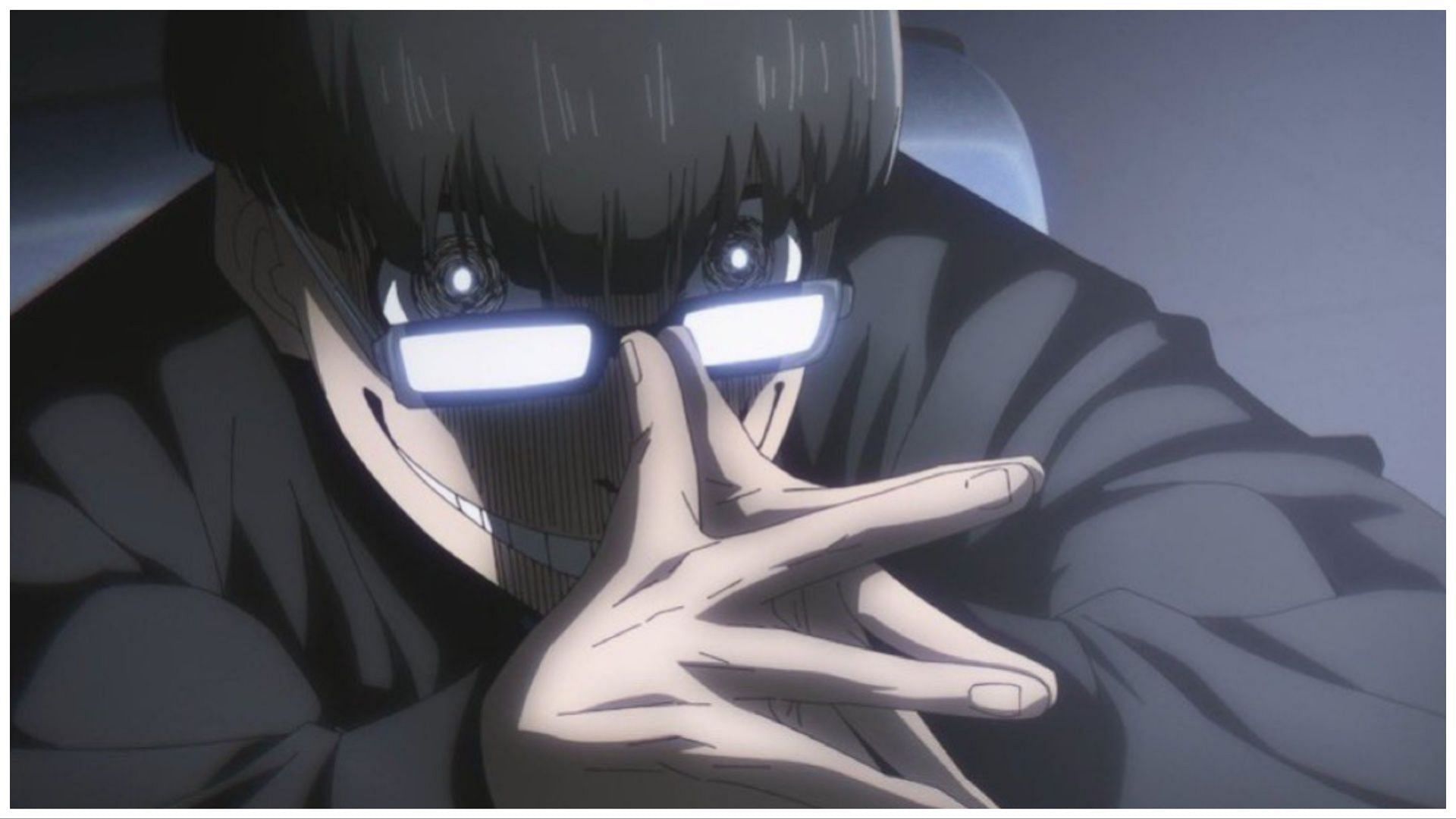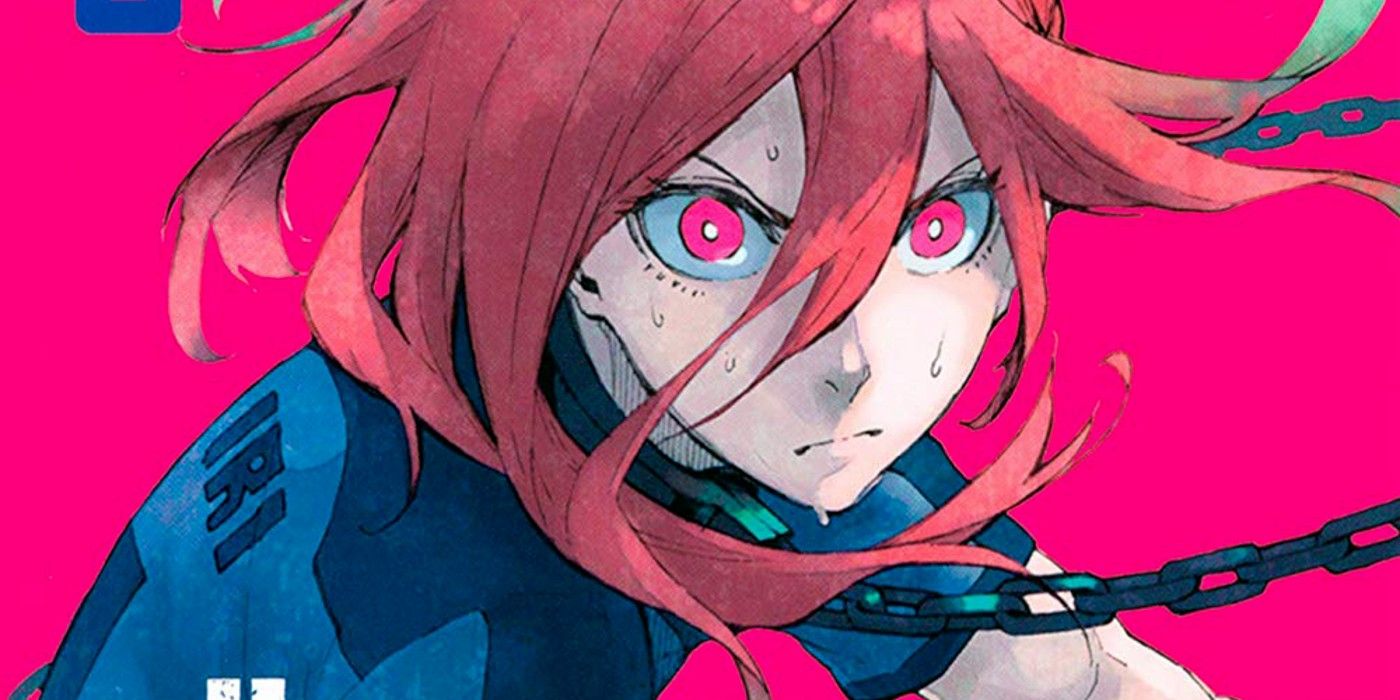
The Power of Ego: Unlocking Success with Blue Lock Anime

Discover the captivating world of Blue Lock anime, where a group of high school football players embark on an intense training journey under the guidance of eccentric coach Ego Jinpachi Witness how their pursuit of success influences the 2022 FIFA World Cup Japanese team
The Blue Lock anime revolves around a group of high school football players handpicked to undergo a rigorous training program led by the eccentric coach, Ego Jinpachi. His goal is to cultivate the ultimate striker who can lead the Japanese national football team to victory in the World Cup. In order to achieve this, he confines 300 players within a facility resembling a prison and subjects them to a series of demanding tests with only the strongest emerging triumphant.
Ego emphasizes the importance of individuality and uniqueness. Each player is encouraged to freely express themselves, showcase their skills, and strive to stand out from the crowd, as exemplified in the Blue Lock anime. By being distinctive, these players can bring something special, valuable, and irreplaceable to the team. As a result, they become unforgettable legends in the eyes of their devoted fans.
Blue Lock anime impacted the 2022 FIFA World Cup Japanese team
In the competitive world of sports, only the best of the best can achieve success and recognition. But what qualities does it take to truly excel? Is it skill, hard work, teamwork, or something else entirely? The answer becomes clear in the Blue Lock anime, a captivating adaptation of the manga series by Yusuke Nomura and Muneyuki Kaneshiro.
In this anime, Jinpachi seeks a striker who embodies egoism rather than a team player. He believes that football is a game of dominance, not collaboration. He longs for a player who is ruthless, arrogant, self-centered, and entirely focused on surpassing everyone else. The ultimate goal is to create the most egotistical striker imaginable.
Ego Jinpachi (Image via 8Bit Studios)
Jinpachi challenges the traditional ideals of sportsmanship, which prioritize humility, collaboration, and respect. His unconventional approach proves challenging for many players in the Blue Lock anime, leading some to resist his methods. They question his ethics, logic, and mental state, wondering if a strong ego is truly a recipe for success.
However, having a boosted ego enhances both self-esteem and motivation. A confident individual is more prone to undertaking novel endeavors, embracing risks, and overcoming challenges. Moreover, a motivated individual is more inclined to dedicate additional time to training, grasp concepts more swiftly, and continuously strive for improvement in order to achieve success.
Content can be enhanced through ego, as it sparks creativity and inventiveness. Utilizing their ego, a creative player can develop innovative approaches to outsmart opponents, score goals, and create opportunities. Ego also motivates players to adapt to different situations, overcome challenges, and break through barriers.
Furthermore, having an ego fosters ambition and fuels competition. A player with a competitive spirit is driven to push themselves, take calculated risks, and strive for excellence. An ambitious player is more inclined to set high goals, tenaciously pursue them, and ultimately achieve success.
Ego can be understood as the aspect of our personality that functions in the real world, working to fulfill the id's desires (which represent our primal and instinctive nature) through socially appropriate means.
The ego not only allows individuals to have self-reflective awareness but also gives them the ability to justify their actions to themselves and others. It is closely connected to self-esteem, representing how much one values themselves.
Ultimately, the interpretation and impact of ego can differ greatly depending on one's perspective and circumstances. For some, ego is seen as a negative force that fuels conflict, arrogance, and chaos. Conversely, others see ego in a positive light, believing it to be a natural and beneficial motivator for ambition, self-assurance, and innovation.
Nevertheless, the Blue Lock anime serves as a compelling example of how ego can contribute to the development of both teamwork and individuality. Moreover, the series even had a direct influence on the Japanese team for the FIFA World Cup 2022, as the team's jersey was collaboratively designed with the illustrators from Blue Lock.
The Blue Lock anime highlights the importance of nurturing a strong sense of self to become the ultimate striker. Jinpachi has thus far achieved remarkable success in his endeavor, as the players within the system demonstrate extraordinary growth and confidence.
Fans will have to wait for the next season to witness what Jinpachi has in store for his players.
Editor's P/S
As a Gen Z netizen, I find the concept of ego and its portrayal in the Blue Lock anime intriguing. The anime challenges traditional notions of sportsmanship and teamwork by emphasizing the importance of ego and individuality. While some may view ego as a negative trait, the anime argues that it can be a powerful motivator for success.
I believe that having a healthy sense of ego is essential for success in any field, not just sports. Being confident in one's abilities and having a strong sense of self-worth can give us the courage to take risks, overcome challenges, and achieve our goals. Of course, it is important to strike a balance and not let ego become arrogance or selfishness. However, when channeled in the right way, ego can be a powerful force for good.
The Blue Lock anime also highlights the importance of individuality and self-expression. In today's world, where it is easy to get lost in the crowd, it is more important than ever to stand out from the rest. The anime encourages us to embrace our uniqueness and to use it to our advantage. By being true to ourselves, we can achieve great things and leave a lasting impact on the world.














